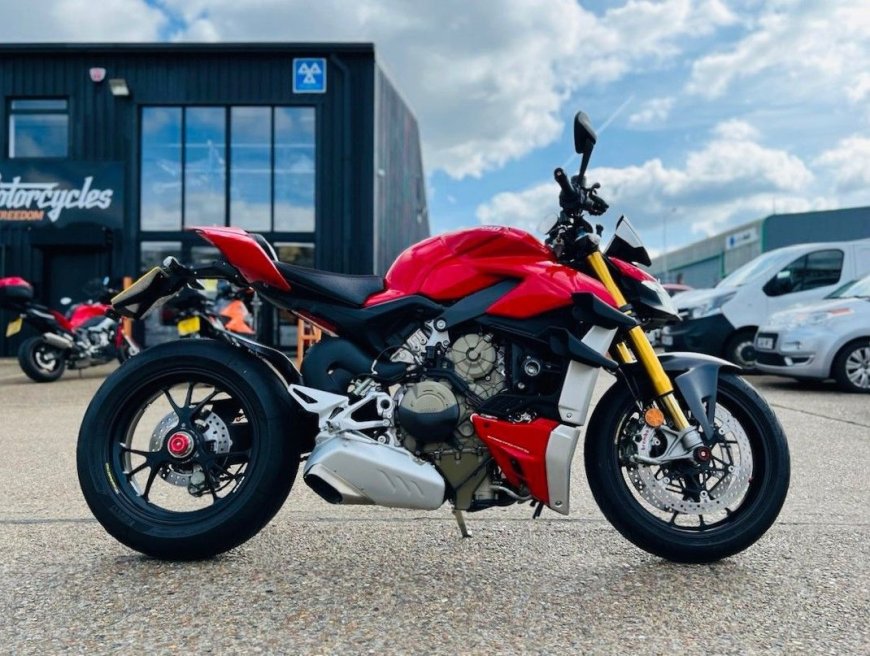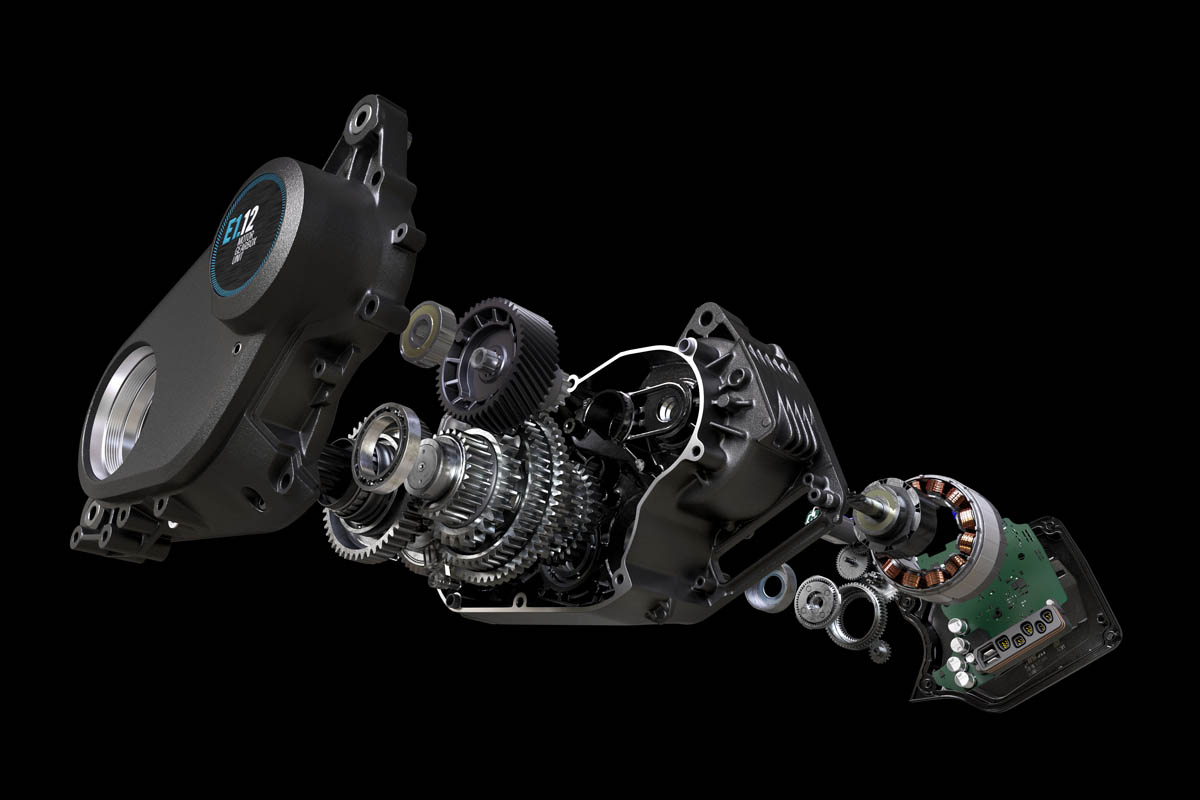How much do e-bikes really cost?
Exploring the Varied Landscape of Electric Bikes: From Budget to Luxury, how much are ebikes ?

The realm of electric bikes (e-bikes) offers a plethora of options, catering to diverse needs and preferences. While some may find solace in the affordability of e-bikes hovering around the $200 mark, primarily sourced from platforms like AliExpress and Alibaba, others embark on a journey towards premium quality, investing substantially more, with prices ranging from $200 to a staggering $8000.
At the entry level, a modest sum of $200 could land you a basic e-bike, albeit from less renowned manufacturers, often originating from Chinese markets. However, a word of caution echoes through the corridors of experience - while these options might appear enticing with their minimal price tags, their durability and overall performance may not meet expectations, often leaving riders wanting for more.
Stepping into the mid-tier range, the landscape shifts, with prices dancing between $1000 and $2500. Here, one can stumble upon e-bikes that strike a balance between affordability and functionality. These models typically boast sturdy frames and components, ensuring a satisfactory riding experience without breaking the bank.
Venturing further into the domain of luxury, the elite echelons beckon with e-bikes that redefine opulence on two wheels. With price tags soaring upwards of $6000, these marvels of engineering spare no expense in delivering unparalleled performance, comfort, and style. Crafted with precision and adorned with top-tier components, these e-bikes cater to discerning riders who seek nothing but the best.
The price of an e-bike is not merely a reflection of its monetary value but a culmination of various factors, each contributing to its allure and functionality. At the heart of every e-bike lies its electric components, dictating its performance and capabilities. Here, the battery emerges as a pivotal player, with greater capacity translating to extended riding time and, consequently, a higher price point. Ranging from 250Wh to over 650Wh, the battery capacity directly influences the cost, offering riders the freedom to choose according to their needs.
In tandem with the battery, the motor assumes a crucial role in defining the e-bike experience. A robust motor not only enhances acceleration but also facilitates seamless climbing and hauling. With power outputs ranging from 250W to 750W, the motor's prowess dictates the strength of pedal assistance, catering to varying terrains and riding styles. Moreover, torque, the measure of rotational force, further augments the riding experience, especially during uphill climbs or while carrying heavy loads.
Reliability stands as a cornerstone in the realm of e-bikes, delineating the divide between trusty companions and fleeting novelties. Established brands such as Bosch, Shimano, or Bafang command reverence, with their integrated electric systems ensuring unparalleled performance and longevity. In contrast, cheaper alternatives, adorned with mix-and-match components, may falter in reliability, potentially incurring higher costs in the long run.
The design ethos of an e-bike transcends mere aesthetics, intertwining form with function to create a harmonious symphony of style and performance. Models featuring integrated electrical components seamlessly blend functionality with elegance, albeit at a premium price point. Conversely, e-bikes with externally mounted batteries and hub motors offer a more cost-effective solution, sacrificing integration for affordability.
In essence, the price range of e-bikes mirrors the vast expanse of possibilities, catering to a spectrum of riders with varied needs and preferences. Whether one seeks an economical commuter companion or a luxurious touring marvel, the realm of e-bikes stands ready to embrace all, promising an electrifying journey like no other.
What's Your Reaction?
































































